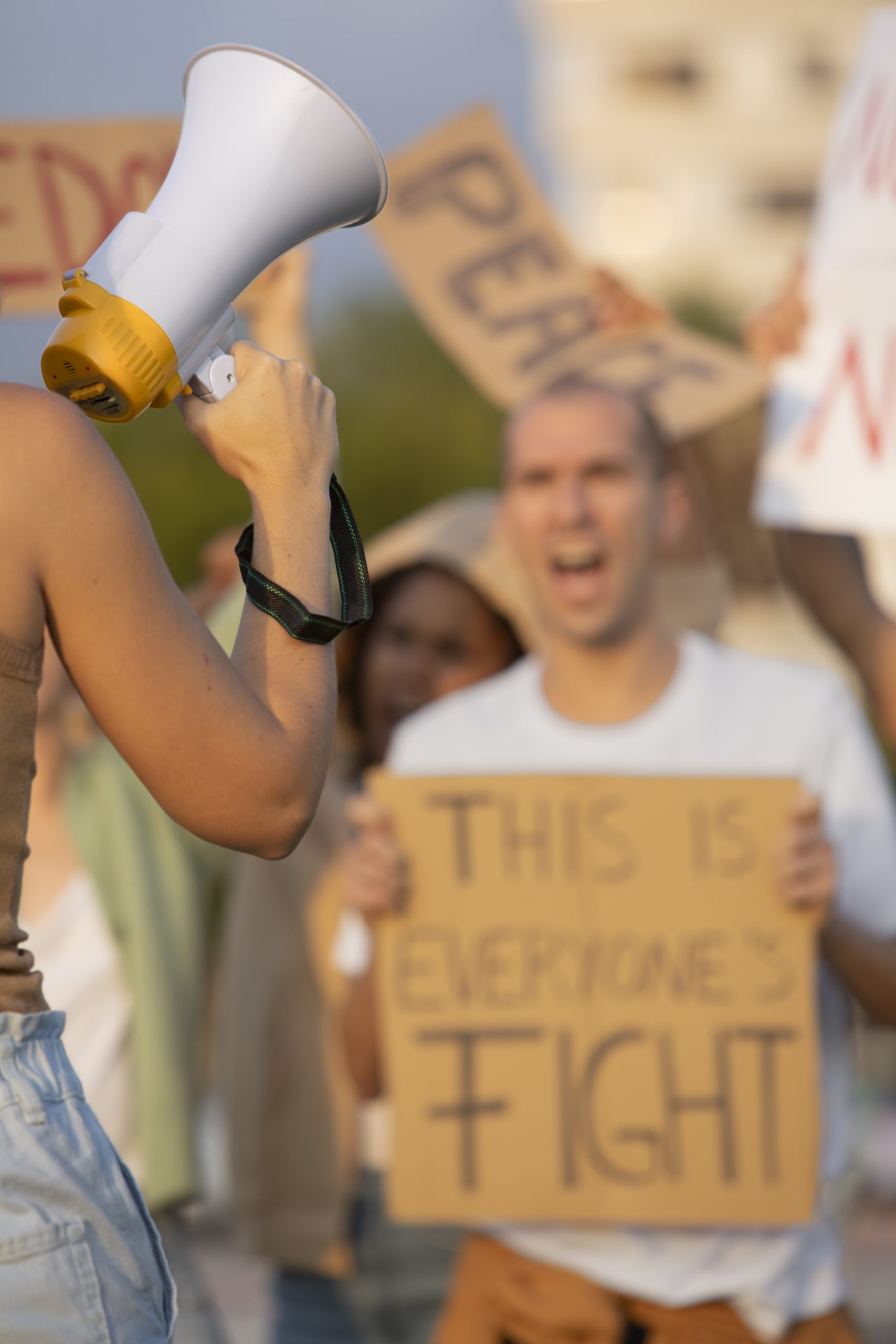Trafficking in human beings: MEPs adopt more extensive law to protect victims |

Parliament gave its final green light to the revision of the rules for preventing and combating human trafficking and for the protection of its victims.
On Tuesday, deputies adopted a law expanding the scope of current measures to combat and prevent human trafficking and better support its victims, by 563 votes in favor, 7 against and 17 abstentions. In order to broaden EU actions against human trafficking, beyond labor and sexual exploitation, the new law criminalizes at European level forced marriage, illegal adoption and exploitation of surrogacy.
In addition, it will be:
- ensure that anti-trafficking and asylum authorities coordinate their activities so that victims of trafficking who also need international protection receive support and protection appropriate and that their right to asylum is respected;
criminalize the use of services provided by a victim of human trafficking, where the user knows that the victim is being exploited, in order to reduce demand leading to exploitation;
introduce sanctions for companies convicted of trafficking, for example by excluding them from tender procedures and reimbursement of public aid or subsidies;
ensure that prosecutors can choose not to prosecute victims for criminal acts they were forced to commit and that they receive support whether or not they cooperate with investigations;
provide support to victims, providing access to shelters and safe accommodation, based on an approach taking into account the most vulnerable groups;
guarantee the rights of persons with disabilities and appropriate support, including by appointing guardians or representatives, to unaccompanied children;
allow judges to consider the non-consensual distribution of sexual images or videos as an aggravating circumstance when handing down sentences.
Quotes
Co-rapporteur Eugenia Rodríguez Palop (The Left, Spain) said: “Twelve years after the adoption of the directive, MEPs had to review the European rules, because trafficking has become more sophisticated and the resources at our disposal have remained We must be able to find victims in time, protect them and support them. Trafficking is torture; the perpetrators must pay for what they have done and the victims must receive compensation and reparation. their suffering.”
Co-rapporteur Malin Björk (The Left, Sweden) said: “We have made progress during these negotiations; new forms of exploitation will be criminalized and the rights of victims, including those of migrants, will be improved. We are also reducing the pressure through provisions on sexual exploitation We have started a change, Member States must now make the most of this directive and ensure that women and girls are not bought and sold in Europe.
Next steps
The Council must also formally approve the agreement. The directive will enter into force twenty days after its publication in the Official Journal of the EU, and member states will have two years to implement it.
By adopting this law, Parliament responds to citizens’ demands made in the conclusions of the Conference on the Future of Europe, in particular proposal 24, paragraph 6, relating to the fight against trafficking in human beings in cooperation with the third country; Proposal 42(2) on resolving challenges at the external borders; and Proposition 43, paragraph 1, on migrant security.
